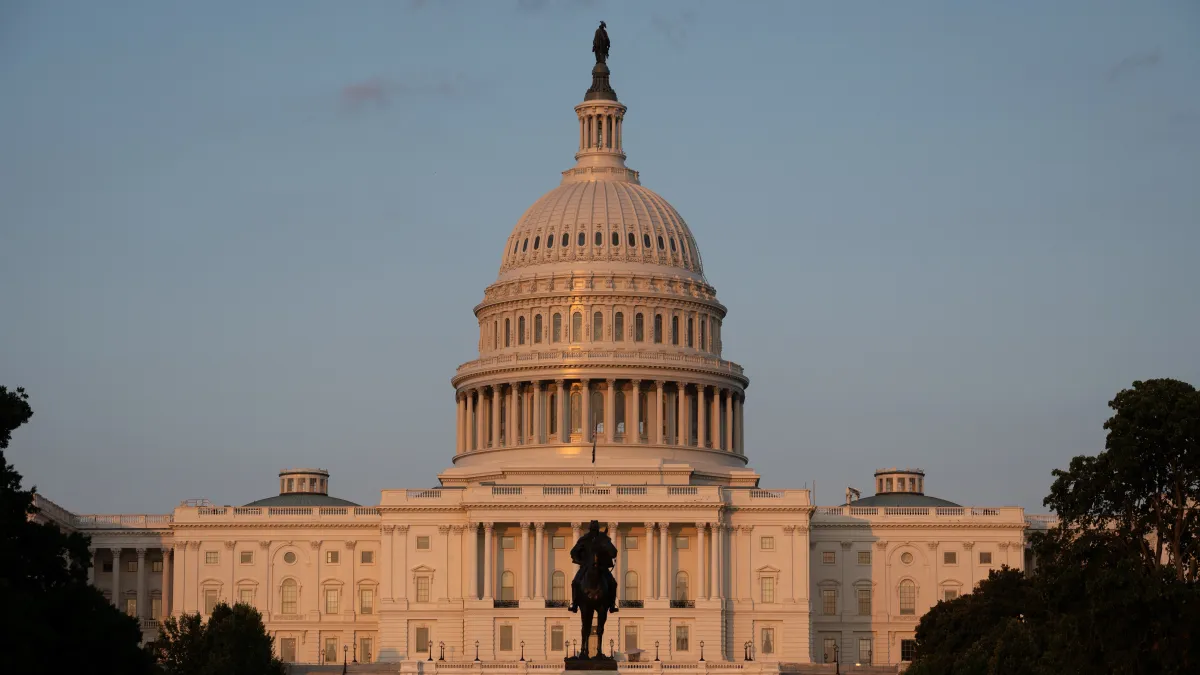
The reconciliation bill Republicans are battling to push through the House would increase the national debt by trillions of dollars, according to the preliminary Congressional Budget Office analysis released Tuesday.
In its first in-depth estimate of the budgetary effects of Republicans’ “One Big Beautiful Bill Act,” CBO estimated that the package would add $2.3 trillion to deficits over 10 years, 2025 to 2034. But that estimate is incomplete, since CBO has yet to include an analysis of the cost of interactions of various elements of the bill, as well as some changes being made to the bill by lawmakers this week.
The deficit hawks at the Committee for a Responsible Federal Budget filled in that gap Wednesday with their own estimate, finding that interactions would cost $150 billion, and adjustments would cost $50 billion. In addition, CRFB added an estimate of the interest costs associated with a larger national debt, which it pegged at $550 billion. Tallying up the costs, CRFB estimated that the Republican reconciliation bill would add $3.1 trillion to the national debt over 10 years.
Markets not pleased: Investors were already on edge following last week’s downgrade of the U.S. credit rating by Moody’s, and the cost estimates of the Republican reconciliation bill aren’t helping any. Interest rates are climbing sharply, and on Wednesday stocks fell, with the Dow Jones Industrial Average dropping 816 points, or 1.9%, and the S&P 500 falling 95 points, or 1.6%.
“Moody’s didn’t tell us anything we didn’t already know, but they did underscore that things aren’t going in the right direction,” Kathy Jones, chief fixed income strategist at Charles Schwab, told CNBC. “The big, beautiful bill also, when it comes to debt and deficits, is not going in the right direction.”
Matthew Luzzetti, chief U.S. economist at Deutsche Bank, said in a research note that budget deficits are headed toward 6%-7% of GDP, which is “inconsistent with debt-to-GDP stability over the long run.”
“Absent a clearer commitment towards putting deficits on a downward path,” Luzzetti added, “investor concerns about U.S. fiscal dynamics are likely to persist.”